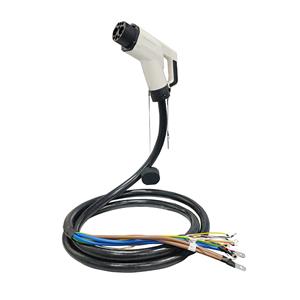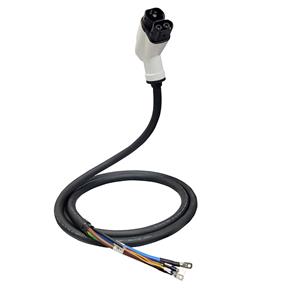Renewable Energy Systems Embrace Component-Based Fluxgate Innovations
Renewable Energy Systems Embrace Component-Based Fluxgate Innovations
The global shift toward renewable energy has sparked innovation in component-based fluxgate sensors, which are now pivotal for monitoring power grids and energy storage systems. These sensors offer modular scalability, allowing engineers to adapt their configurations for wind turbine control, solar farm inverters, and grid stability analysis. Their ability to measure DC and AC magnetic fields with ±0.1% accuracy makes them ideal for detecting imbalances in hybrid energy systems.
A key breakthrough is the integration of wide-bandgap semiconductor materials, such as GaN and SiC, which improve thermal performance in harsh environments. For example, offshore wind farms now deploy these sensors to safeguard converters from voltage spikes caused by transient magnetic fields. Additionally, their compact form factor suits space-constrained applications like portable solar charge controllers. Analysts forecast a 22% CAGR for fluxgate sensor adoption in renewable infrastructure through 2030, driven by the need for smarter grid management.
Optimized Keywords:
"Renewable energy fluxgate sensors"
"Grid stability magnetic sensors"
"Wide-bandgap fluxgate technology"
"Solar inverter current measurement"
"Modular sensors for wind turbines"




